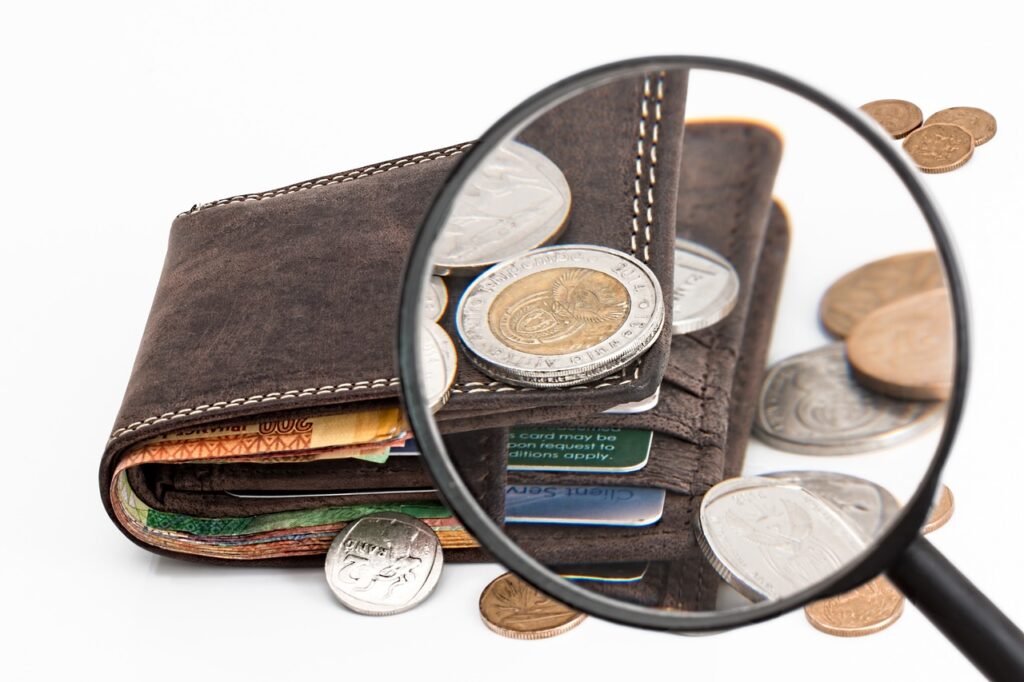Unlock the secrets to financial success with these 11 transformative Personal Finance Hacks. Your roadmap to financial freedom starts here.
Introduction
Why does personal finance matter? Well, it’s the cornerstone of a secure and fulfilling life. Whether you’re a millennial, a parent, or a retiree, understanding the ins and outs of Personal Finance Hacks can make all the difference. Let’s dive in.
The Basics of Personal Finance
Budgeting Techniques
Budgeting isn’t just about tracking expenses; it’s about understanding your financial behavior. From the envelope system to zero-based budgeting, the right technique can set you on the path to financial freedom.
Emergency Funds
Life is unpredictable. An emergency fund acts as a financial cushion for unexpected expenses like medical emergencies or sudden layoffs.
Understanding Credit Scores
A good credit score can open doors to low-interest loans and better financial opportunities. Learn how to improve your score and maintain it.
Personal Finance Hacks for Saving Money
The 50/30/20 Rule
This rule is simple: allocate 50% of your income to needs, 30% to wants, and 20% to savings. It’s a straightforward way to manage your finances effectively.
Automating Savings
Out of sight, out of mind. Automating your savings can help you build a substantial nest egg without even thinking about it.
High-Interest Savings Accounts
Why settle for less when you can earn more? High-interest savings accounts offer better returns on your savings, making your money work for you.

Investing Wisely
Stock Market Basics
Investing in the stock market can be intimidating, but it’s one of the best ways to grow your wealth. Learn the basics and start small.
Real Estate Investments
Real estate is a tangible asset that often appreciates over time. Whether it’s rental properties or flipping houses, the opportunities are endless.
Retirement Funds
It’s never too early to think about retirement. From 401(k)s to IRAs, there are various options to secure your golden years.
Debt Management
Paying Off Credit Cards
Credit card debt can be a vicious cycle. Learn strategies like the snowball method to pay off your debts faster.
Student Loans
Student loans are a necessary evil for many. Understand your repayment options and work towards becoming debt-free.
Mortgage Tips
A mortgage is likely the biggest debt you’ll ever have. Learn how to manage it effectively without compromising your financial health.
Tax Planning
Tax Deductions
Don’t leave money on the table. Understand the various tax deductions you’re eligible for and claim them.
Tax Credits
Tax credits can reduce your tax liability significantly. From child tax credits to energy-efficient home improvements, make sure you’re not missing out.
Tax-Deferred Accounts
Accounts like 401(k)s and IRAs offer tax advantages that can save you a lot in the long run.

Insurance and Risk Management
Health Insurance
Healthcare can be expensive. The right insurance plan can protect you from crippling medical bills.
Life Insurance
Life insurance isn’t just for the elderly. It’s a financial safety net for your loved ones.
Property Insurance
From home to auto insurance, protecting your assets is crucial in maintaining financial stability.
Personal Finance Hacks
The Snowball Method
This debt repayment strategy involves paying off debts from the smallest to the largest. It’s a psychological win that keeps you motivated.
The Envelope System
This is a budgeting method where you allocate cash for different categories in separate envelopes. Once it’s gone, it’s gone.
The Zero-Based Budget
In this method, every dollar has a job. At the end of the month, your budget should “zero out,” ensuring you’re not wasting any money.
FAQs
How can I improve my credit score?
Improving your credit score involves a combination of paying off debts on time, maintaining a low credit utilization ratio, and regularly checking your credit report for errors.
What are the best investment options?
The best investment options depend on your risk tolerance, investment horizon, and financial goals. Options range from stocks and bonds to real estate and mutual funds.
How can I save on taxes?
Tax-saving options include taking advantage of tax deductions and credits, as well as investing in tax-deferred accounts like 401(k)s and IRAs.
What is the best way to pay off debt?
The best way to pay off debt depends on your financial situation. Methods like the snowball or avalanche method can be effective depending on your preference and debt types.
How can I budget effectively?
Effective budgeting involves tracking your income and expenses, setting realistic goals, and sticking to a plan. Budgeting tools and apps can also help.
What insurance do I need?
The type of insurance you need depends on various factors including your age, lifestyle, and financial responsibilities. Common types include health, life, and property insurance.
Conclusion
Final Thoughts
Personal finance is a journey, not a destination. With the right hacks and strategies, you can navigate the complexities of money management and achieve financial freedom.
Additional Resources
For further reading, check out this comprehensive guide on personal finance.

Pingback: Exploring the History and Evolution of Bitcoin Technology
Pingback: Exploring the Role of Bitcoin in Decentralized Finance (DeFi)
Pingback: Automating finances for financial freedom
Pingback: Unlock Effective Ways to Reduce Credit Card Debt Now!